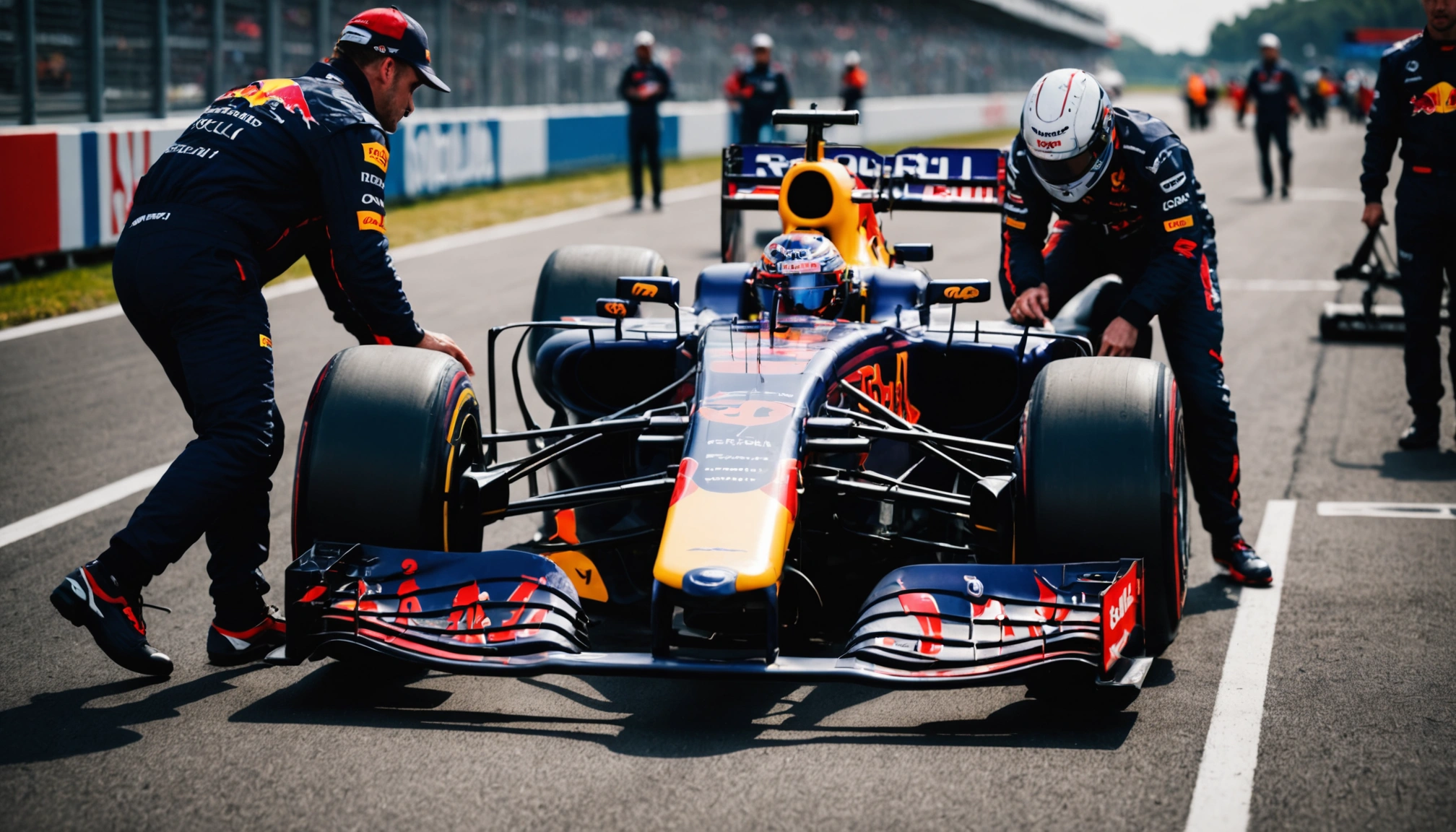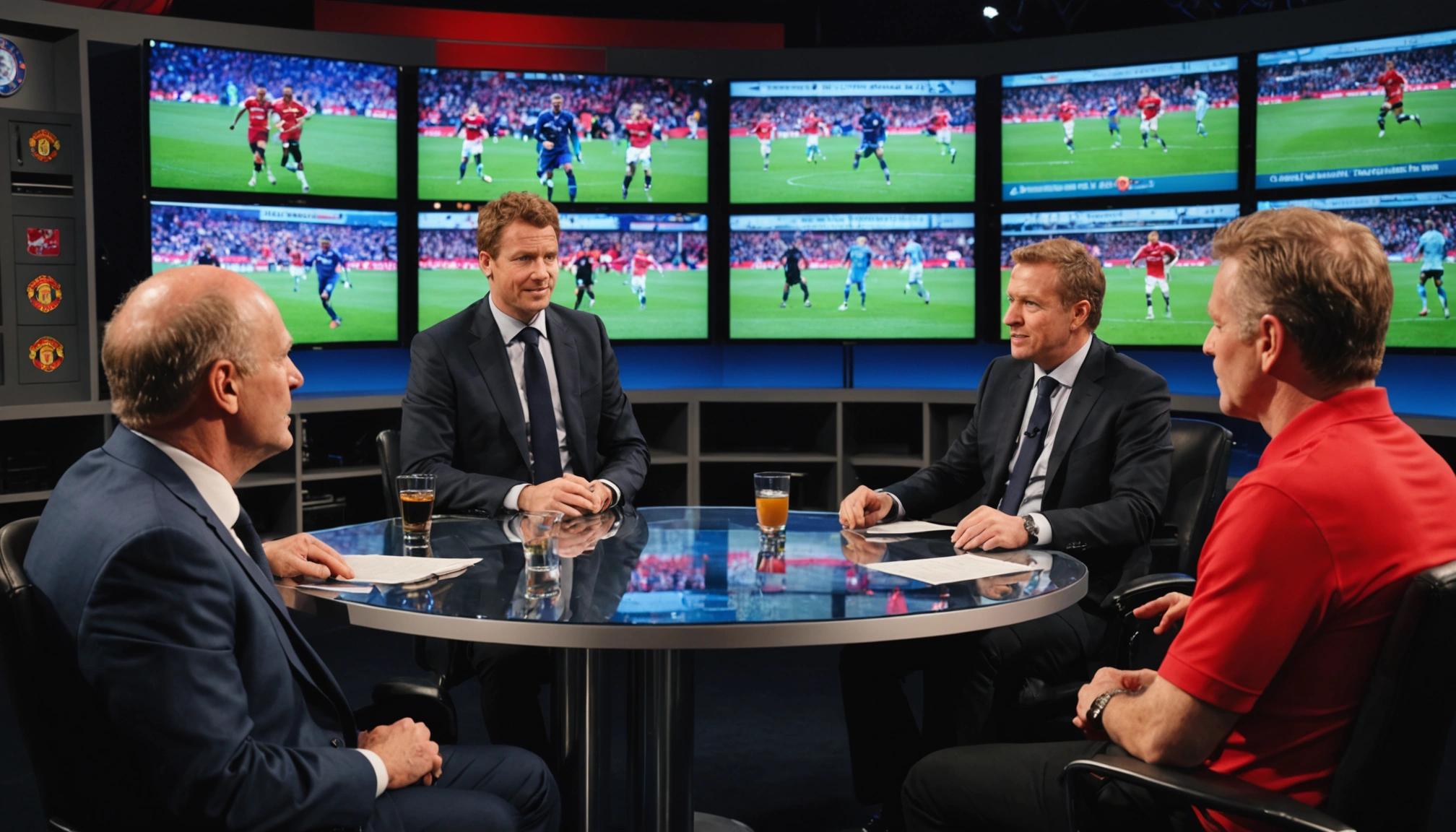What Djed Spence’s England Debut Means For British Muslims
Djed Spence became the first Muslim to play for England’s senior team, inspiring a new generation and highlighting faith’s role in British football.

By Editorial
Djed Spence's historic England debut
When Djed Spence stepped onto the pitch as a substitute during England's emphatic 5-0 victory over Serbia in a 2025 World Cup qualifier, it marked more than just a personal milestone. The 25-year-old Tottenham Hotspur full-back made history as the first Muslim to represent the senior England men's football team. His achievement resonated deeply across Britain’s diverse communities, signalling progress in representation and inclusion in one of the country’s most beloved sports.
Spence himself was taken aback by the significance, admitting, "I was surprised because I didn't know I was the first, so it's a blessing." His dedication and faith have been central to his journey, inspiring young players both on and off the pitch.
The significance of representation in English football
Spence’s breakthrough has been hailed as a landmark moment for British Muslims. Ebadur Rahman, founder of Nujum Sports—a charity supporting over 400 Muslim athletes—emphasised the weight of responsibility on Spence’s shoulders. "He is now seen as a role model breaking a barrier," Rahman said, highlighting the wider cultural impact.
Visibility matters. Spence’s openness about his faith, including prayer rituals on the pitch and faith-based social media posts, offers young Muslim footballers tangible representation. Yunus Lunat, a grassroots coach and former chair of the Football Association’s race equality advisory board, noted, "Every single young Muslim player I've met aspires to play for England. No other nation, just England." This aspiration reflects a growing pride and identity within the Muslim community aligned with British football.
Challenges faced by Muslim players historically
Despite making up roughly 6% of the UK population, Muslim players have been underrepresented at the highest tiers of English football. Nujum Sports estimates around 250 Muslim professionals across the four English leagues, but few have reached the senior national squad before Spence.
Several British-born Muslim players have featured in England’s youth setups—such as Zesh Rehman and Hamza Choudhury—but none earned a full senior cap. Easah Suliman, the first British Asian Muslim to captain England at youth level, now represents Pakistan internationally. This gap points to systemic issues. Lunat explains, "Scouts often miss talent in Muslim communities because they frequent the same traditional clubs, overlooking emerging players."
How clubs support Muslim players’ faith and needs
Clubs are increasingly recognising the importance of accommodating players’ religious practices. At Brentford, where Spence previously played, the coaching and medical staff engaged in detailed discussions with Muslim players to understand Ramadan fasting and prayer needs.
Riz Rehman, a player inclusion executive at the Professional Footballers' Association, emphasises that with education, such adjustments are manageable. "It's about providing spaces to pray, understanding dietary needs, and including families," he explains. Tottenham Hotspur continues this approach under Thomas Frank’s leadership, ensuring Spence and other Muslim players receive holistic support.
Such initiatives not only aid individual players but foster inclusive team cultures, setting examples for other clubs. This reflects a broader push within English football to embrace diversity more meaningfully.
Personal journeys highlight the need for understanding
Nathan Ellington, a Yorkshire-born striker who converted to Islam mid-career, recalls the initial challenges of navigating football culture with his new faith. "At first, people didn’t understand the religion and viewed it negatively," he says. "But learning and open-mindedness on both sides helped bridge gaps." Ellington now mentors new Muslim converts, underscoring the importance of education within the sport.
The wider social impact amid rising Islamophobia
Spence’s debut arrives at a time of heightened Islamophobia in the UK. Recent reports from Tell Mama reveal a doubling of anti-Muslim hate incidents since 2023, linked to geopolitical tensions and misinformation. The UK government has labelled these trends "extremely concerning." Against this backdrop, Spence’s presence challenges stereotypes and offers a positive narrative.
Studies, such as a 2019 Stanford University report, have shown football icons like Mohamed Salah can significantly reduce Islamophobic attitudes. His Liverpool popularity correlated with a 16-19% drop in hate crimes locally. Spence’s emergence could similarly inspire greater acceptance and understanding.
Sport as a platform to combat discrimination
Rahman highlights that faith and politics are inevitably intertwined in sport. "Players should be celebrated for who they are," he insists, whether Muslim or otherwise. Spence’s visibility encourages fans and institutions to confront biases and embrace diversity authentically.
Inspiring future generations of players
Growing up in East London during the 1990s, Rahman never imagined a British-born Muslim representing England’s senior football team. Now, Spence’s achievement opens doors for countless aspiring footballers from diverse backgrounds.
His story encourages young athletes not to suppress their identity but to integrate it proudly within their sporting ambitions. As Rahman concludes, "It costs nothing to support players for who they are, and it paves the way for others."
For enthusiasts keen to follow the latest football developments and stories of player breakthroughs like Spence’s, platforms such as BBC Sport coverage offer comprehensive updates.
Conclusion: A milestone with lasting impact
Djed Spence’s England debut is a landmark not only in footballing terms but socially and culturally. It shines a light on the critical importance of representation and inclusion within British sport while reminding us of football’s power to unite diverse communities. As clubs continue to adapt and support players’ faith, and as fans embrace this new chapter, the beautiful game becomes richer and more reflective of modern Britain.
With ongoing conversations about diversity in football, Spence’s story exemplifies positive change and the potential for sport to challenge prejudice. For Tottenham Hotspur and the England team, his rise also signals fresh talent and resilience that will inspire fans and future stars alike.
For more insight into football’s evolving landscape and key player stories, check out the recent analysis of Tottenham Hotspur’s future after Daniel Levy’s departure.
Related topics
Editorial
Sports expert at SportsScoop
Specialist in sports analysis and journalism
Related articles
Want to read more?
Explore our comprehensive collection of sports articles and analysis, or contact us for more information.



